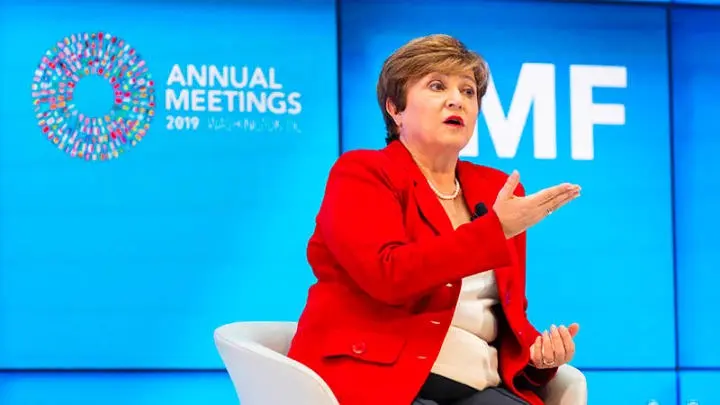Economy
Nigeria’s inflation rises to 14.15% amid deficit financing – CBN report

The Central Bank of Nigeria in its report on Friday indicated that Nigeria’s inflation rate which stood at 12.82% in July may rise up to 14.15% by the end of December 2020.
The report also revealed the pressure on the economy as a result of challenges bedeviling the nation which is ocassioned by the global pandemic.

In the report titled: ‘Monetary, credit, foreign trade and exchange policy guidelines for fiscal years 2020/2021’, which was released on Friday, the CBN said, fiscal and monetary policies had been put in place to mitigate the impact of economic challenges arising from COVID-19 pandemic.
The report read, “Although these measures are commendable, there are headwinds that may undermine these expectations.
“These include increased Federal Government deficits, which may narrow fiscal space and crowd-out private investment; underutilisation in the labour market due to weakened aggregate demand and a build-up in inflationary pressures resulting from the increase in Value Added Tax and border protection.”
It added, “Specifically, headline inflation is expected to hover around 13.97 and 14.15 per cent at end-December 2020, owing to supply shocks which may likely happen due to decline in economic activities, globally as a result of COVID-19 pandemic that started in China in Q4:2019; demand shocks emanating from domestic and international lockdowns; food supply shocks associated with non-tariff border protection; and effect of the implementation of the new budget and minimum wage.”
According to the Central Bank, the primary objective of monetary policy remained the maintenance of price and financial system stability for 2020/2021.
With the upward trend in inflation from the first half of 2019, lingering uncertainties from the external environment would exert pressure on monetary tools, it stated.
It however, added that measures to abate the level of rise in inflation through effective liquidity management would be sustained this year to a level for conducive and inclusive sustainable growth of the economy.
CBN added, “The bank shall continue to be proactive in its oversight function of the banking system to continue to ensure financial system stability.
“Furthermore, it will maintain sound, stable and efficient payment systems to support the conduct of monetary policy.”
It said the monetary targeting framework remained the monetary policy strategy in 2020/2021 fiscal year with implicit inflation targeting.
Consequently, it added, the growth in broad money supply (M3) would be closely monitored in line with the projections for 2020 and 2021.
























